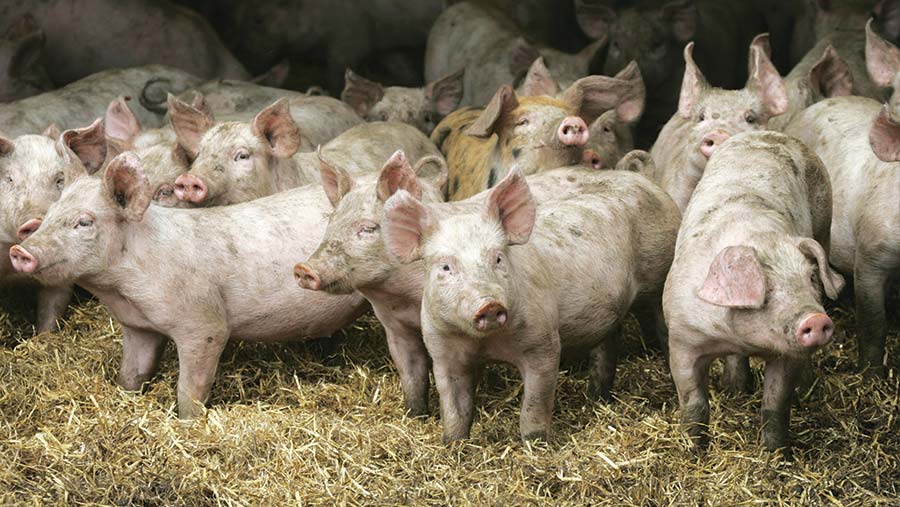Supply chain must share input price rise pain, say unions
 © Tim Scrivener
© Tim Scrivener Farmers can no longer be expected to bear the brunt of soaring input prices on their own, policymakers in Northern Ireland have stated.
The announcement followed the first meeting of a NI Department of Agriculture, Environment and Rural Affairs (Daera) cross-industry taskforce, set up to tackle market disruptions caused by the Ukraine war.
Feed, fuel, fertiliser and other key input prices have rocketed since the conflict began on 24 February. So far, farmers have been expected to absorb these costs while continuing to fulfil contracts where prices have remained the same or risen only slightly.
See also: Government announces new crackdown on fly-tipping epidemic
However, the NI taskforce has said the costs must be transmitted down the supply chain quickly, to protect the economic viability of farmers.
The taskforce, which is made up of sector leaders, politicians, bankers and other members of the supply chain, warned of further volatility during the continuing conflict.
It also concluded that farmers must be better supported with advice and technical support over the coming months.
Consultants at the College of Food, Agriculture and Rural Enterprise (Cafre) have already been in contact with farmers and growers to assess the feed and fertiliser situation on farm.
The taskforce is developing an action plan to back up the key advisory messages and is organising in-person events, webinars and online support.
Urgent action needed – UFU
The Ulster Farmers’ Union (UFU) stressed that help was needed urgently. The union’s pork and bacon committee said the pig sector had already been struggling with Brexit and Covid-19 disruption before the Ukraine war began.
Pig farmers are fully exposed to the spikes in the input prices which have been exacerbated since the Ukraine war.
Businesses were haemorrhaging cash at a level that was not sustainable, the UFU said, with pig farms currently citing five-figure losses every week.
Unions elsewhere in the UK have also underlined the damaging effect of input price rises.
The table below, using figures released by NFU Scotland (NFUS) last month, shows the rises of four key input costs – ammonium nitrate fertiliser, red diesel, feed wheat and feed barley.
Input cost rises March 2021-2022 |
||
| March 2021 | March 2022 | |
| AN fertiliser | £271/t | £900/t |
| Red diesel | 60p/litre | 137p/litre |
| Feed barley ex-farm | £162/t | £280/t |
| Feed wheat ex-farm | £203/t | £295/t |
| Source: NFU Scotland | ||
The union called for a raft of measures including caps on wholesale gas prices, contracts to include a built-in cost-tracker, and flexible loan and repayment terms from lenders.
The Farmers’ Union of Wales (FUW) has also called for help with input prices, in particular construction costs. Welsh farmers are facing stricter compliance rules with the expanded nitrate vulnerable zone (NVZ).
The FUW highlighted the need to review requirements to allow farmers to increase fodder production.
It stressed the need to take account of building material supply constraints and escalating construction costs of complying with the NVZ rules.
